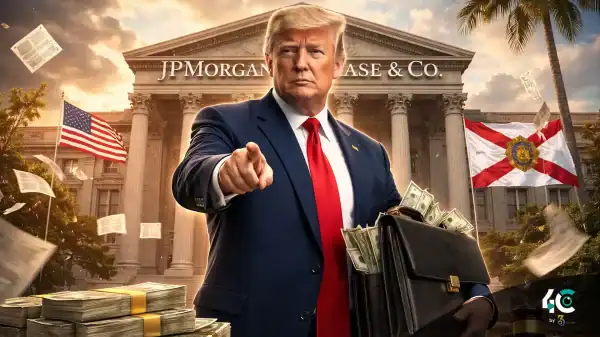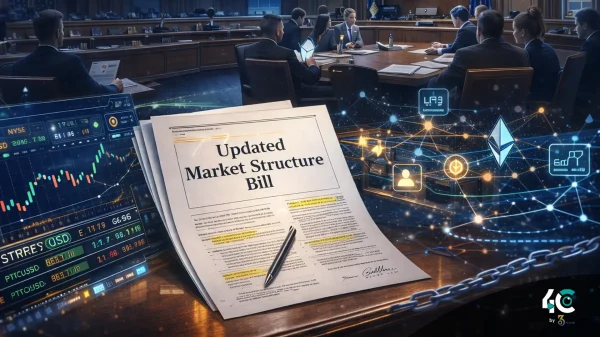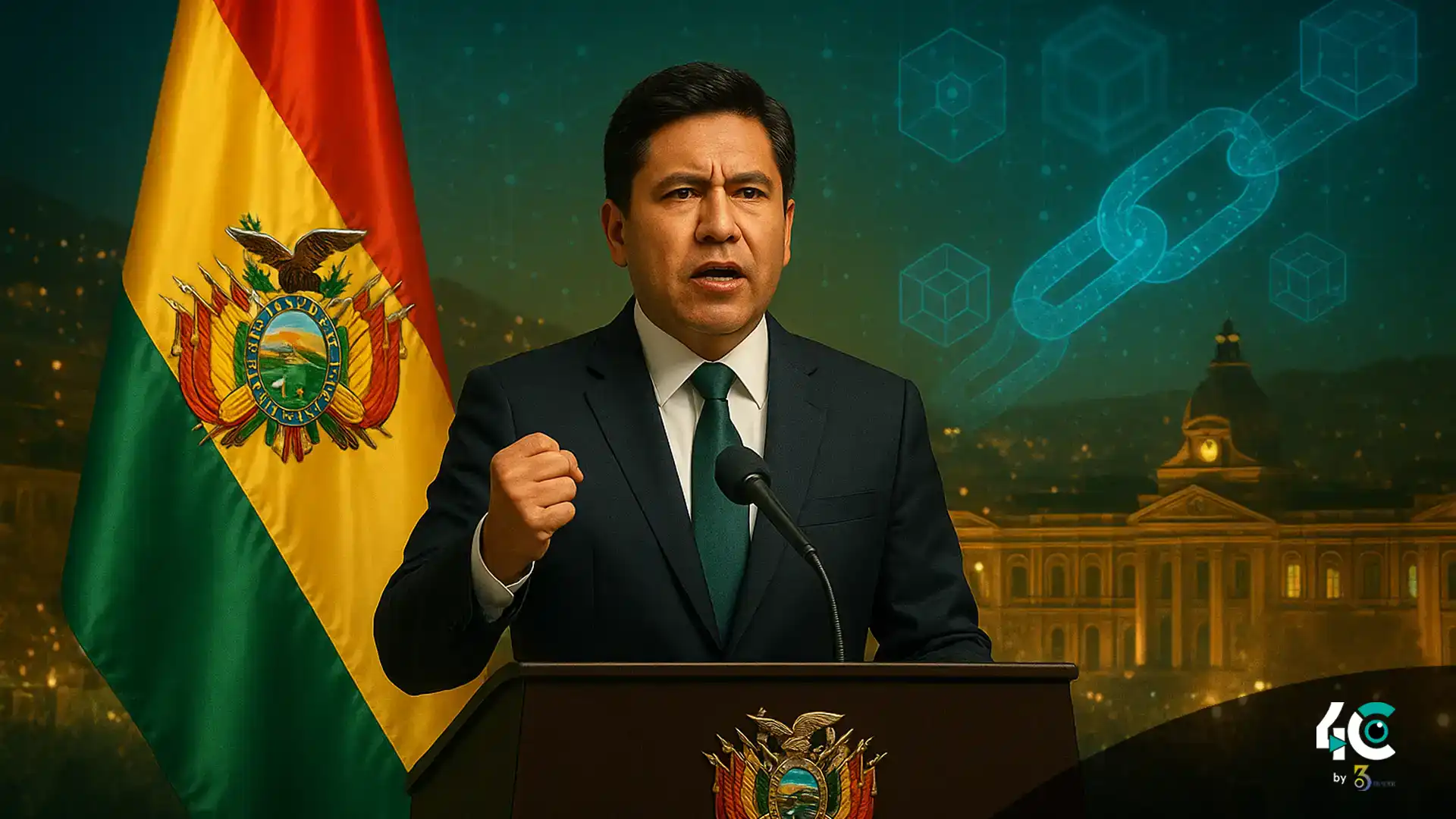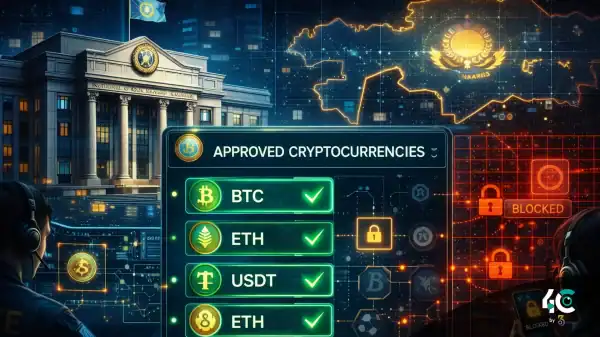Rodrigo Paz Uses Blockchain and Crypto to Combat Corruption
Bolivian President-elect Rodrigo Paz will leverage blockchain technology to tackle corruption when he takes office in January 2026. Paz won the runoff election with 54.5% of the vote against Jorge Quiroga.
His centrist pro-market platform addresses fuel shortages and US dollar scarcity in Bolivia, positioning digital assets as a tool for transparency and economic stability.
Blockchain and Smart Contracts in Public Procurement
A core part of Paz’s agenda involves using blockchain and smart contracts in government procurement.
- Automates contracts to reduce discretionary decision-making
- Minimizes opportunities for corruption in state purchases
- Increases transparency and accountability, fostering public trust in institutions
The initiative is aligned with the Partido Demócrata Cristiano (PDC) 2025 platform.
Also Read : WazirX: Court Ruling Gives Users Chance to Recover $234 Million
Crypto-Backed Foreign Exchange Stabilization Fund
Paz plans to create a foreign exchange stabilization fund topped with declared crypto holdings.
- Helps stabilize the Bolivian boliviano
- Secures essential imports during US dollar shortages
- Citizens can declare crypto holdings for taxation or conversion without holding volatile tokens
While Paz is pragmatic about crypto, he has not proposed adopting Bitcoin as a national currency or holding it in government reserves. Blockchain and cryptocurrency serve as tools for governance and financial stability rather than currency.
Bolivia’s Growing Crypto Ecosystem
The Banco Central de Bolivia lifted a ban on crypto transactions in June 2024, allowing regulated use of digital assets. Monthly trading volumes have doubled since then.
Institutional adoption is also increasing:
- Banco Bisa offers USDT custody services
- YPFB, the state oil firm, explores crypto for energy imports
- Retailers like Toyota, Yamaha, and BYD accept USDT
International cooperation is growing. In July 2024, Bolivia signed a memorandum of understanding with El Salvador to recognize crypto as a reliable alternative to fiat currency and collaborate on financial modernization.
By mid-2025, Bolivia’s crypto trading volumes reached $46.8 million, totaling $294 million year-to-date.



































